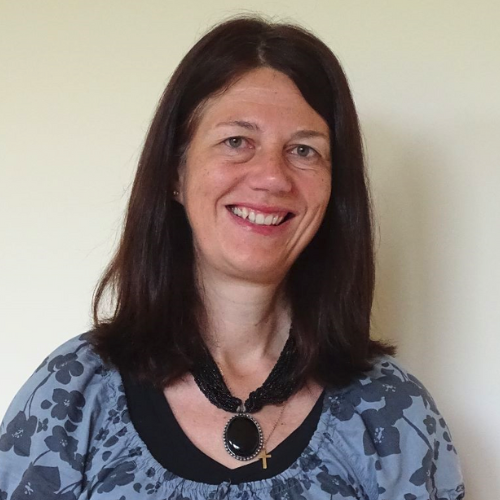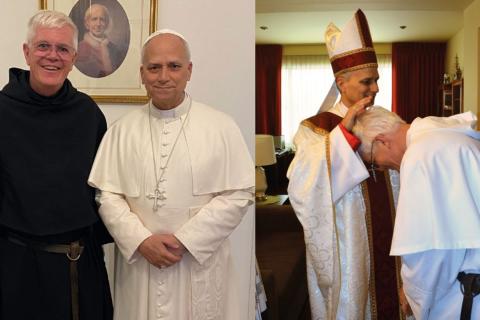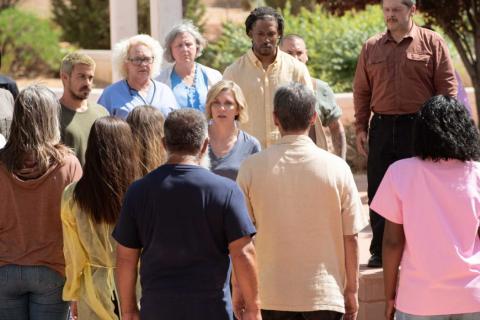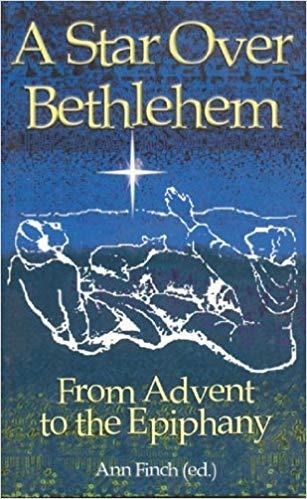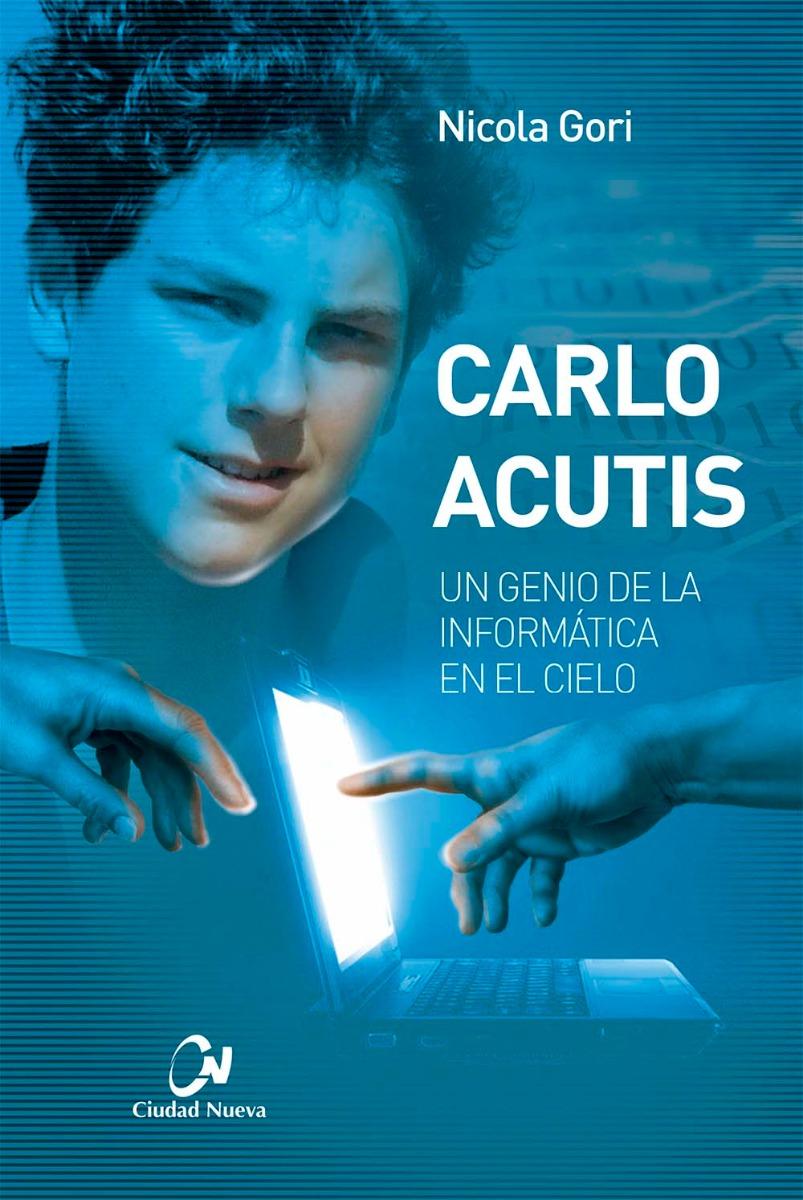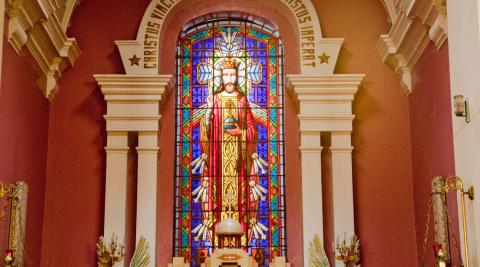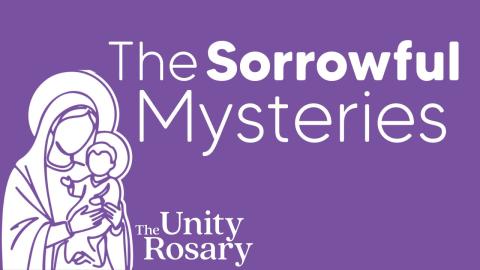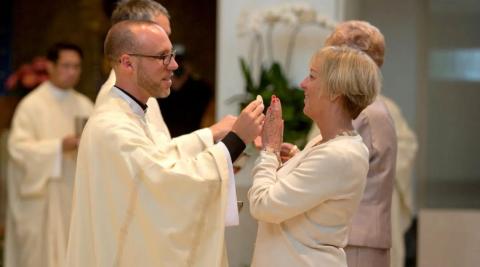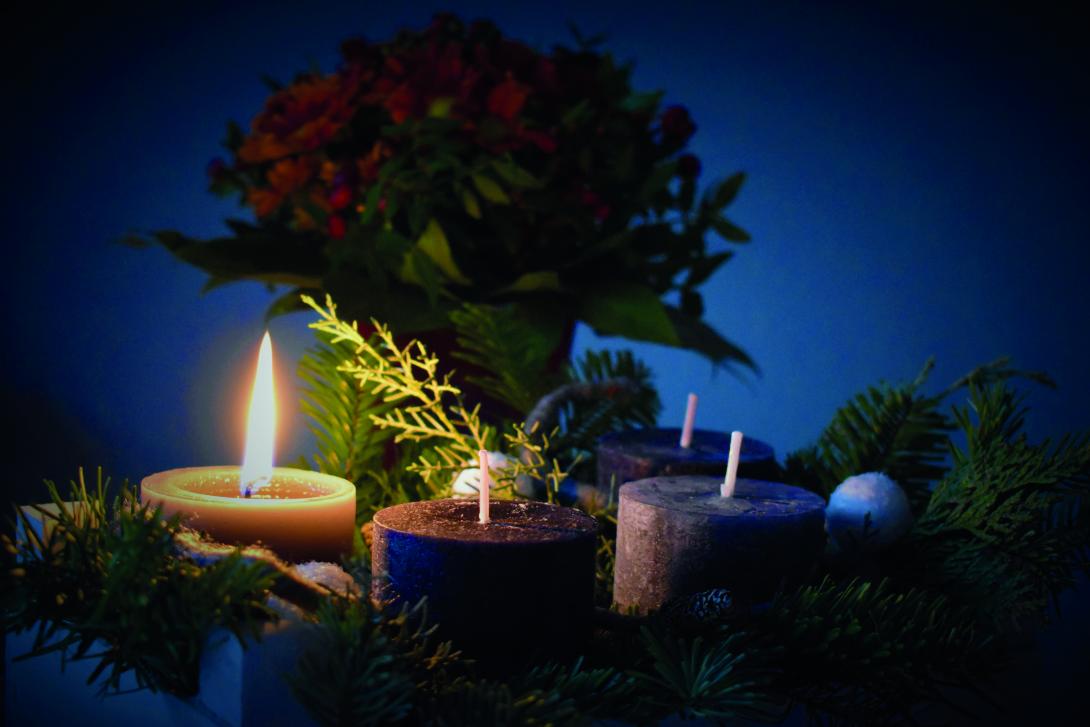
Photo by Waldemar Brandt on Unsplash
While pumpkins and fall colors are still around us, some radio stations and Christmas cookies in the stores shout it out: Advent is coming! Christmas is near!
But what should we do with these four weeks, which can be a time of reflection and preparation for the coming of Jesus? They often turn out to be a busy, stressful month of Christmas parties and gift shopping.
Originally Advent was a 40-day period similar to Lent, leading to the feast of the Theophany on January 6. When Christmas was added to the calendar in 325 AD, Advent became a short period of preparation for Christmas of about 4 weeks, or 28 days. The days that were cut off is what we now know as the 12 days of Christmas (like in the song).
In the Middle Ages, it was considered a time of fasting and prayer, like Lent, which is reflected in the use of purple vestments at mass.
The Latin word adventus simply translates “coming” or “arrival.” Jesus will be born on Christmas Day, but are we prepared?
Anticipating the arrival of Christ has something intriguing. Advent is “preparing the way of the Lord,” as we read in Isaiah 40:3: “A voice of one calling: ‘In the wilderness prepare the way for the LORD; make straight in the desert a highway for our God.’” Advent isn’t the big celebration yet, it is waiting and anticipation.
Maybe we struggle so much today with giving a meaning to Advent because most of us don’t like to wait. Ads tell us to get everything we want right now—why wait? Anticipation, this feeling of excitement that promises a reward (in case the event is positive) needs the virtue of patience.
However, in today’s fast-paced culture, I came to realize that anticipation is not very popular. Why plan a visit to the cinema on the weekend when you can stream movies the whole night, right now? Why wait, which seems passive, when you could indulge right now?
Often we are so busy to work to achieve a goal that we risk losing track: as long as I keep going, I don’t have to ask where I’m going and if I even want to go there! Which questions am I avoiding while being busy?
In the Gospel readings of Advent, waiting and anticipation is a central topic. Elizabeth is waiting for the birth of John. Zechariah is waiting to witness what he deemed to be impossible. So, is waiting a waste of time, as we often think when we are sitting in a doctor’s waiting room or waiting for an answer from someone, seemingly being unproductive?
I was touched by a reflection by the Dutch priest and writer Henri Nouwen (1932–1996) that sheds new light on Advent’s sense of waiting, which is very different from our common concept:
“Waiting, as we see it in the people on the first pages of the Gospel, is waiting with a sense of promise. ‘Zechariah, your wife Elizabeth is to bear you a son.’ ‘Mary, listen! You are to conceive and bear a son,’ (Lk 1:13, 31). People who wait have received a promise that allows them to wait. They have received something that is at work in them, like a seed that has started to grow.
“This is very important. We can only really wait if what we are waiting for has already begun for us. So waiting is never a movement from nothing to something. It is always a movement from something to something more. Zechariah, Mary, and Elizabeth were living with a promise that nurtured them, that fed them, and that made them able to stay where they were. And in this way, the promise itself could grow in them and for them.
“Second, waiting is active… the secret of waiting is the faith that the seed has been planted, that something has begun. Active waiting means to be present fully to the moment, in the conviction that something is happening where you are and that you want to be present to it. A waiting person is someone who is present to the moment, who believes that this moment is the moment.”
This is a very different attitude of waiting: being open to what God has in mind, letting go of my wishes and my expectations. Mary did not negotiate with God; she waited with hope and patience. She went to help her cousin Elizabeth, she filled her time with love instead of worrying what would be.
A part of a meditation on Mary by Focolare founder Chiara Lubich comes to my mind: “But how can we imagine Mary, as she is described to us by Scripture?… Certainly not as a person who is all agitated, hasty, always in a hurry, attentive only to what happens outside, but as a creature suffused with mystical beauty, who reveals an immense treasure hidden in her heart: God.”
Perhaps this Advent I could learn from her attitude and her trust. Not in a naïve way, thinking that everything will be fine (because sometimes, it won’t be), but waiting with the certainty that God loves me and wants me to grow in my relationship with him and my brothers and sisters. Waiting and trusting that all the uncertainties, the dangers of war, the deep rifts that go through our communities are not a sign that God has abandoned the world, but that He wants us to continue to believe that He is stronger than evil, and love is stronger than hate.
Simone Weil, a Jewish writer, said, “Waiting patiently in expectation is the foundation of the spiritual life.”
And so, this Advent, the candles of the Advent wreath should remind me that it is not Christmas yet. There’s still darkness around us, yet the light will come.


